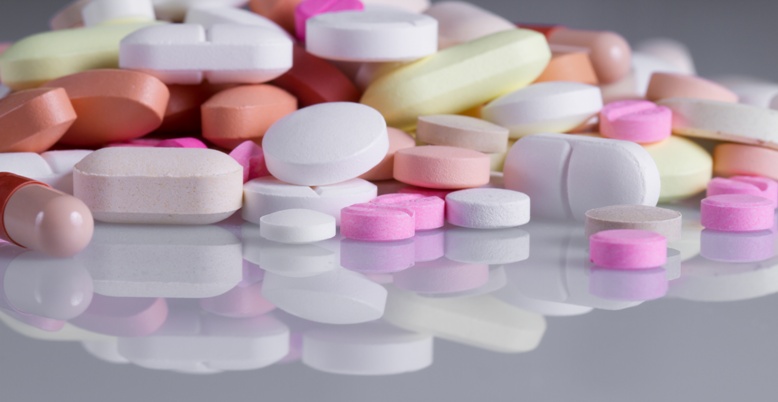Addiction
Medications Used for Detox and Recovery
by Sara Stringer
One of the prevailing myths about substance recovery and detox is that the process is completely drug-free. That people go into a rehab center, and that the staff takes away everything that could be potentially addictive, including cigarettes and even candy. From that point on, the patient spends the rest of his or her time in cold-turkey recovery, hoping to emerge drug-free on the other side, drug-free for life.
The reality is that going cold turkey can be the wrong way to quit because it is extremely difficult and can lead to relapse (1). Medications can be a very large part of drug recovery; in fact, for many patients, it’s a necessity if they want to have any long-term success.
Detox and Recovery
Detox is the period where the patient gets any existing drugs out of his system. Depending on the substance, and the level of addiction, detox can take anywhere from a few hours to several days. During the detox period the body goes through extreme withdrawal as the remaining drugs wear off and the body start craving more.
Detox is not only unpleasant, it can also be deadly in some instances, which is why they are best done under medical supervision. For example, detox from alcohol or valium addiction can actually cause deadly seizures because the body can no longer function properly without the substance.
Recovery is the period where the patient heals from the effects of the substance addiction, and learns to live without it. During this period the patient might still experience withdrawal, although the symptoms should be much milder at this point. He might also experience psychological issues as all of the problems that here shoved aside by the drug use come to the forefront.
Patients are prescribed drugs during detox and recovery to help make both processes easier.
Drugs Prescribed During Detox and Recovery
There are several medications used for detox to shorten the length of the withdrawal, or reduce the severity of the withdrawal symptoms (2). The type of medication depends on the type of substance the patient is detoxing from.
· Patients detoxing from opiates like heroin, morphine, and OxyContin might be prescribed medications that mimic the chemical and molecular makeup of opiates, without the high. These medications sit on the opium receptors in the brain and trick the brain into believing that the patient is taking the opiate. These drugs include methadone, buprenorphine, and naltrexone. Patients might also receive anti-nausea medications to combat the nausea that accompanies opiate withdrawal.
· Patients detoxing from alcohol might be prescribed medications that reduce the shakiness, irritability and depression associated with alcohol detox. These medications can include diazepam, lorazepam, chlordiazepoxide and phenobarbitals. There are also anti-convulsant medications that can reduce the risk of seizures associated with alcohol withdrawal, and beta blockers, which can reduce alcohol cravings.
· Patients detoxing from stimulant drugs might be prescribed medications that address the depression that can often come with stimulant withdrawal. These medications could include antidepressant drugs like desipramine as well as the diazepam commonly used for alcohol withdrawal.
The medications used in recovery are often the same medications used during the detox process. (3) These medications help reduce cravings to allow the patient to focus on recovery. Just as with the detox process, the medications used during recovery depend on the substance the patient is recovering from.
· Patients recovering from opiates might continue to use methadone, buprenorphine and naltrexone.
· Patients recovering from alcohol might also use naltrexone to curb alcohol cravings, or they could use drugs like acamprosate or topiramate for cravings. There is another drug called disulfiram that prevents alcohol from breaking down properly, resulting in nausea and heart palpitations if the patient does consume alcohol.
· Patients recovering from stimulant drugs might continue to use antidepressant and anti-anxiety drugs.
Because substance abuse and mental health issues often occur together, patients might also be prescribed medications to treat the psychiatric issues that could interfere with their recovery.
Resources
1. Recovering Self: Addiction Treatment: Is There a ‘Wrong’ Way to Quit?
2. Axis Recovery: List of Medications Used in Drug Detox
3. Here to Help: Medications Used in Recovery from Addiction
About the Author
Sara Stringer is freelance writer who enjoys writing about natural health alternatives. In her spare time, she enjoys maintaining an active lifestyle through swimming and practicing yoga.







